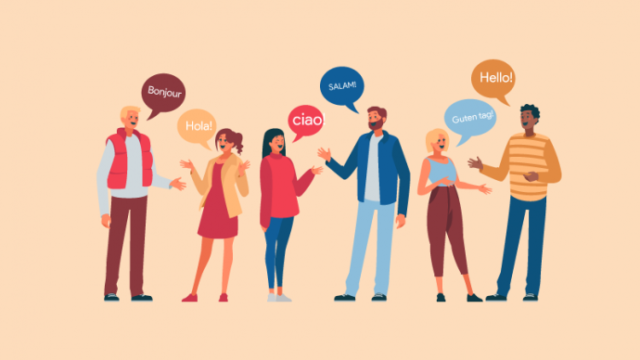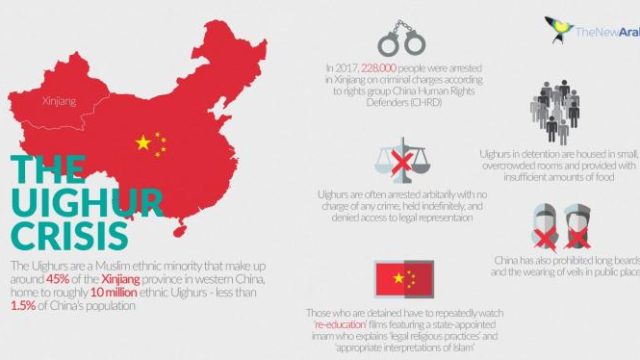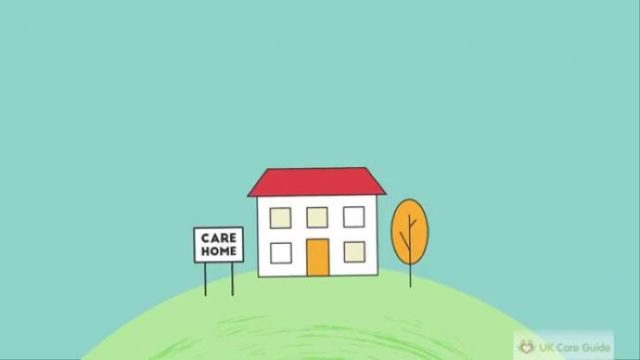iPaulina

When Google Translate is your best friend
Are we losing the art of multilingualism?In an age of English hypercentrality and Google-translated essays written hastily under the table as a teacher walks in, bilingualism and indeed multilingualism has taken a back seat. Your typical American has a ¼ chance of speaking a second language - similarly a UK national has a ⅓ chance of being polylingual. To put this in perspective, the average child growing up in Luxembourg learns to speak German, French and Luxembourgish, alongside English.
So maybe this is the final death knell of modern foreign languages in British and American schools. Maybe Google Translate really is our one hope, and years of primary school Spanish should rightfully disappear into the annals of our memory. (A quick, opportunistic and by no means scientific study conducted five minutes ago showed that “rosa,” “el sacapuntas” and “no hablo español” are the sad remnants of my friends’ Spanish abilities.)
Yet the benefits of bilingualism are undeniable. Bilingual households equip children with tolerance, self-control and a higher inclination towards academic success – studies further reveal that memory recall in particular is a more developed skill in bilingual children.
I’m fluent in German, but that doesn’t even begin to rival my mother – who holds the proud mantle of fluency in seven different languages (German, Spanish, French, Portugese, Italian, Russian and English.) Whilst I know my fluency comes from being exposed to a German environment since a young age, I am also taking Spanish A level to further improve my language skills.
And maybe Google Translate is your friend – but next time you go to Barcelona, don’t you want to talk to that cute barista like a local. . . instead of “no hablo español”?
Isabella VII







